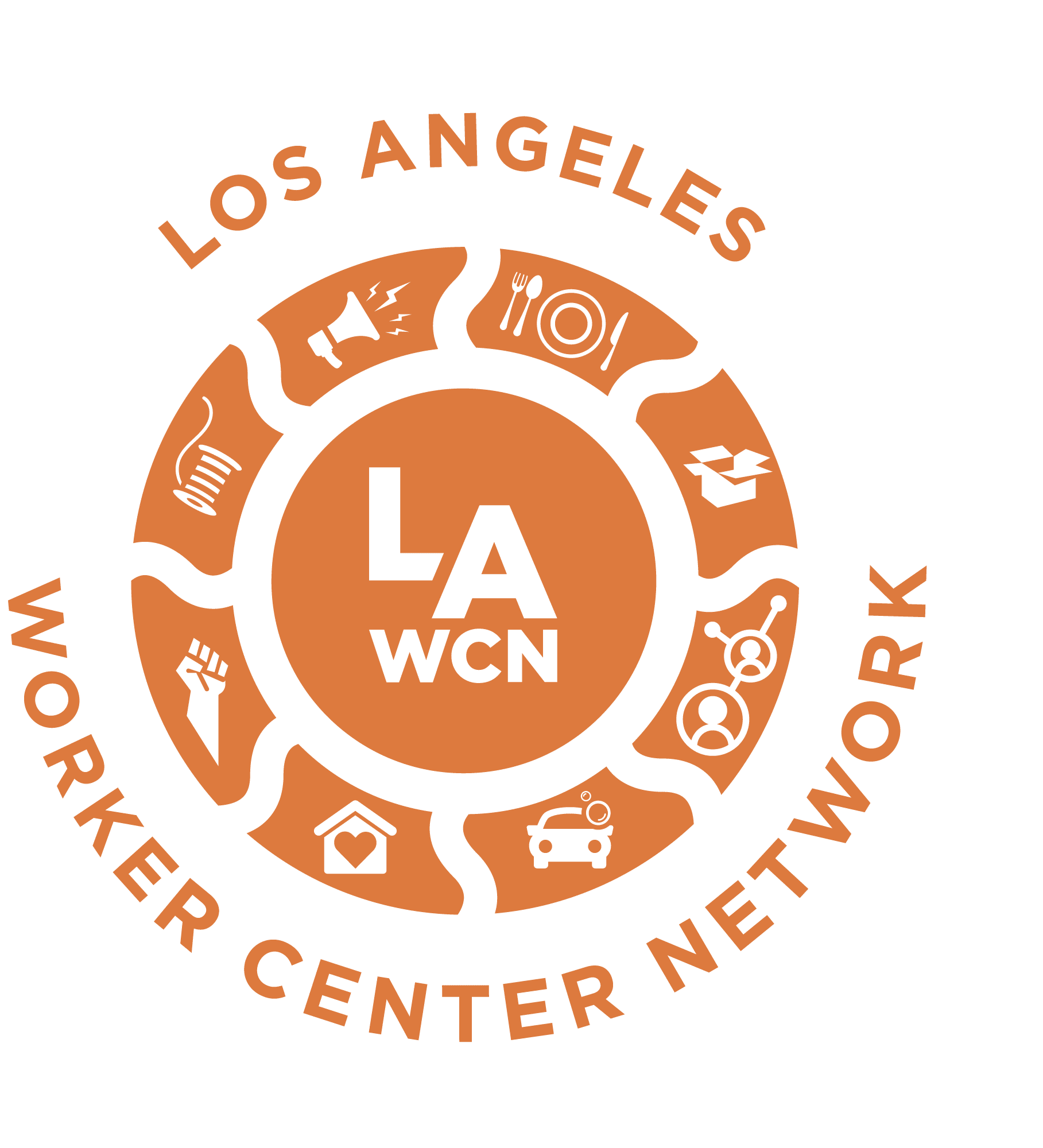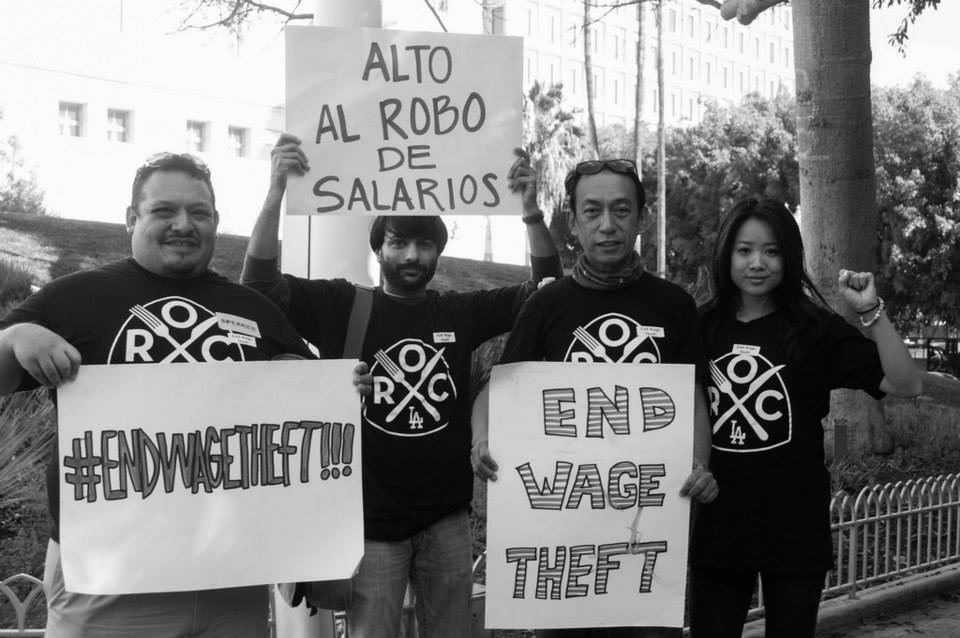A new report from the City of Los Angeles Chief Legislative Analyst (CLA) calls for sweeping reforms to strengthen labor standards enforcement, particularly for low-wage workers who frequently experience workplace violations. The recommendations follow growing concern among worker advocates, led by the Los Angeles Worker Center Network (LAWCN) and allies, over under-enforcement of labor laws related to overtime, meal and rest breaks, late pay, tip theft, and other violations.
The report—requested by the Los Angeles City Council through several legislative motions introduced in collaboration with LAWCN in September 2023—urges the City to expand the authority of the Office of Wage Standards (OWS) to investigate and enforce violations traditionally under state jurisdiction. Notably, the City Attorney reaffirmed that the City has the authority to enforce meal and rest break violations locally, following the passage of AB 3075 in 2020.
“This report confirms what our member organizations have long known: Existing enforcement mechanisms utilized by the city have failed to protect our most vulnerable workers,” said Armando Gudino, executive director of LAWCN. “Much-needed reforms to the Office of Wage Standards—including expanded enforcement authority—must be implemented, and working closely with community partners like the Los Angeles Worker Center Network is essential to ending wage theft in Los Angeles.”
The report also outlines several other key actions to strengthen labor standards enforcement in the city, including amending the municipal code to prioritize cases involving low-income workers and strategic enforcement in high-risk industries. It recommends empowering the Bureau of Contract Administration to issue administrative subpoenas, implementing a priority triage system, and launching a public online database to expose violators and publicize settlements. The report further suggests expanding information sharing with community-based organizations, enhancing joint enforcement efforts with the County of Los Angeles, and securing additional resources for OWS, including increased funding and staff.
“We are grateful to the CLA and the LA City Council members for highlighting the need for stronger enforcement against wage theft,” said Yvonne Medrano, Staff Attorney with Bet Tzedek Legal Services. “We call on the LA City Council to enact the recommendations in the report and include individual liability against employers directly engaging in wage theft, especially in high-risk industries like car wash, domestic work, construction, warehousing, and restaurants.”
LAWCN’s analysis reveals that 88% of workers in Los Angeles County experience labor standards violations, including unpaid overtime, earning below minimum wage, and being denied required meal and rest breaks. As the city prepares to host the 2026 FIFA World Cup and the 2028 Summer Olympics, such violations are expected to rise. Immigrant workers, in particular, remain hesitant to report workplace abuses due to fear related to immigration status—exacerbated by ongoing federal immigration enforcement and illegal ICE raids in Los Angeles, which LAWCN, ACLU SoCal and allies are currently actively challenging in court. LAWCN urges the City to take swift action on the report’s recommendations and go further to ensure comprehensive worker protections.
“This report is a step in the right direction, but meaningful change will require the City to hold individual employers accountable and dedicate real resources to enforcement,” said Aquilina Soriano Versoza, executive director of the Pilipino Workers Center. “Low-wage workers—especially in industries like home care, garment, car wash, and other sectors—can’t afford to wait while wage theft goes unchecked. The City must act swiftly to ensure these recommendations don’t just sit on paper but translate into protections workers can feel in their daily lives.”
LAWCN members include CLEAN Carwash Worker Center, Garment Worker Center, Koreatown Immigrant Workers Alliance, Los Angeles Black Worker Center, Pilipino Workers Center, Warehouse Worker Resource Center, UCLA Labor Center, and Bet Tzedek Legal Services.

